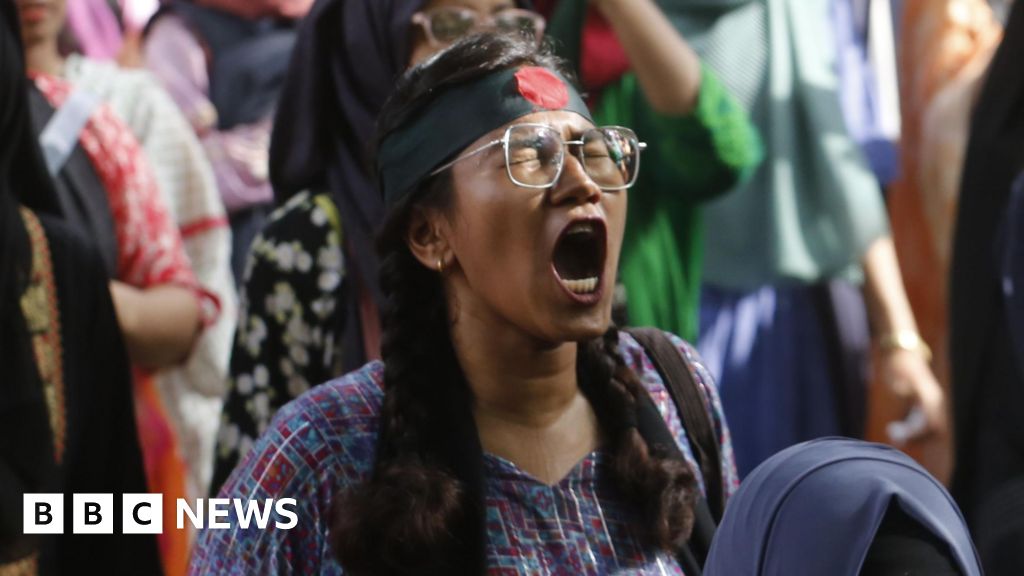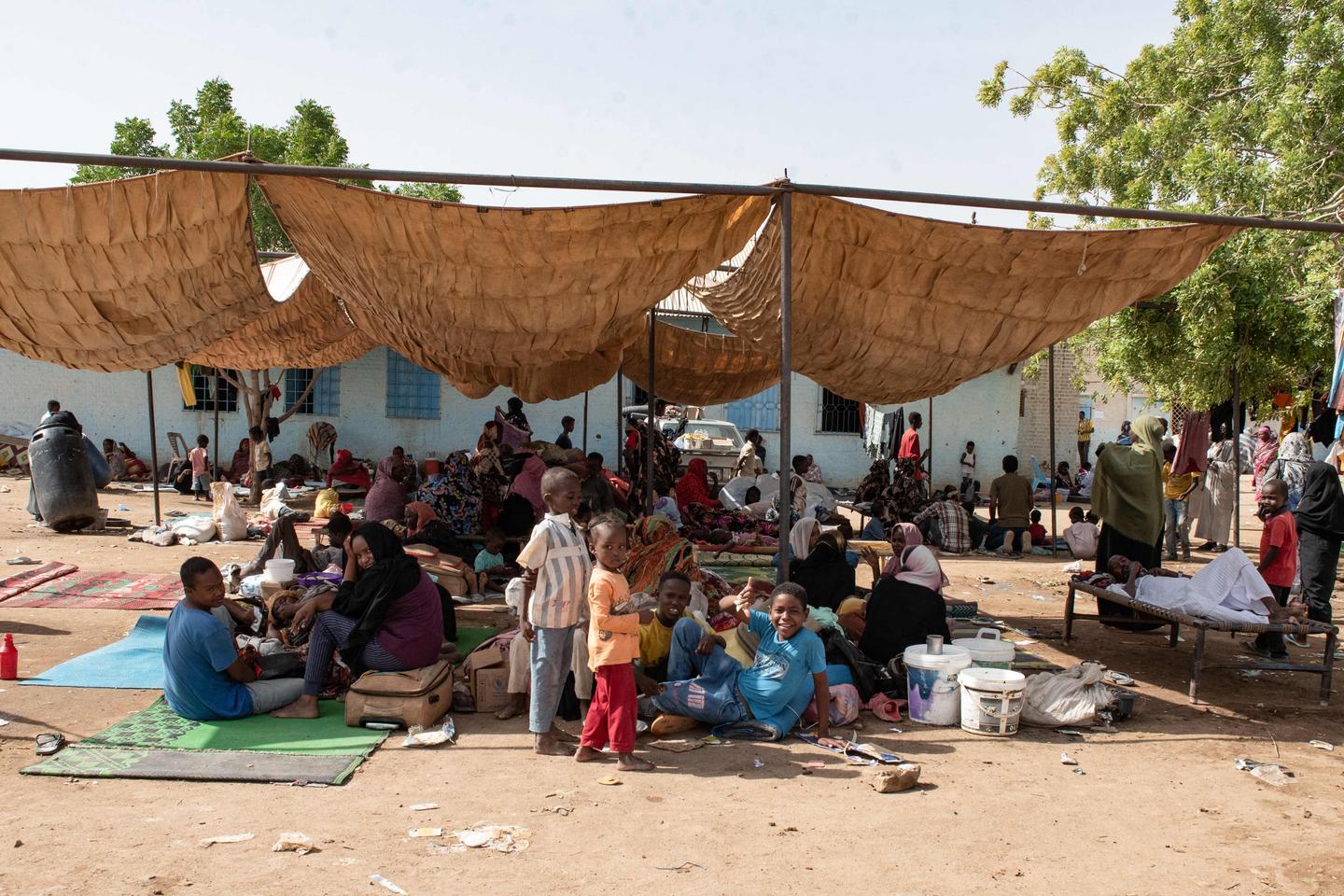Bangladesh: Students protest against jobs reserved for children of war heroes

Image source, Getty Images
- Author, Annabelle Liang
- Role, BBC News
Thousands of students in Bangladesh protested against a recruitment system that they say favors children of war heroes and certain groups in filling high-paying government jobs.
The demonstrators accuse the system of discrimination and demand hiring based on merit.
One third of the positions are reserved for the children of those who fought for the country’s independence in 1971. Some positions are also reserved for women, ethnic minorities and the disabled.
Mrs Hasina is the daughter of Bangladesh’s founder Sheikh Mujibur Rahman.
Earlier this week, students blocked roads and highways in the capital Dhaka and other major cities, bringing traffic to a standstill. The protests were dubbed the “Bangla Blockade.”
Some placed tree trunks on a railway track in the capital, paralyzing train traffic to the north of the country.
Bangladesh’s Supreme Court temporarily suspended the system on Wednesday, but protests are likely to continue until the system is finally repealed.
Just last month, another court reinstated the system, which had been suspended in 2018 after weeks of protests.
“We will not return to the classrooms until our demands are met,” protest leader Rasel Ahmed told AFP news agency.
Image source, Getty Images
“My demand is not the abolition of the system. My demand is quota reform,” one protester told BBC Bangla.
Another student said he would continue protesting until a “permanent solution” was found.
Government jobs in Bangladesh are highly sought after because of their good pay. Overall, more than half of the jobs – hundreds of thousands – are reserved for certain groups.
Earlier this month, Ms Hasina condemned the protests, saying students were “wasting their time” but added there was “no justification for the anti-quota movement”.
Bangladesh, once one of the poorest countries in the world, is now one of the fastest growing economies in Asia.
Per capita income has tripled in the last decade and the World Bank estimates that more than 25 million people have been lifted out of poverty in the last two decades.
But in mid-2022, the country’s economy fell into turmoil as a result of the pandemic and the global economic slowdown.



:max_bytes(150000):strip_icc():focal(896x640:898x642)/The-War-and-Treaty-070424-05-5b8dfd4a7ed940a2beb40acd8d1e0b04.jpg)